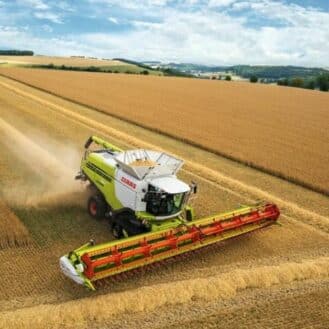Feed supplements are often categorized by animal types such as cattle, poultry, pig, sheep, horses or goats. You can also find specific feed supplements categorized by main ingredients, the most popular of which are mineral, vitamin, protein, lipid and amino acid. Some of the most important nutrients to consider when looking for feed supplements are minerals, vitamins and trace elements. Here are some details of various elements:
Phosphorus serves the skeleton, energy metabolism, growth and milk production. An imbalance of phosphorus can cause a decrease in growth and production, lameness and a decline in fertility, especially in the event of excess and imbalance with calcium.
Calcium contributes to the skeleton, muscle function and blood. A deficiency in calcium can cause milk fever, lameness and fractures. Calcium helps reduce the absorption of trace elements in case of excess.
Magnesium is used for energy and muscle metabolism. It remarkably improves the digestibility of feed. Livestock becomes irritable when deficient in magnesium and can show aggression and signs of muscular tremors (often with the ears drawn back). Less severe signs are often associated with milk fever and calving/lambing problems from weak uterine muscles.
Sodium contributes to nerve impulses, muscles and blood. It functions as a major extracellular cation and is essential for maintaining osmotic pressure in the body as well as water regulation. It is essential for transporting nutrients around the body and removing waste from cells.








